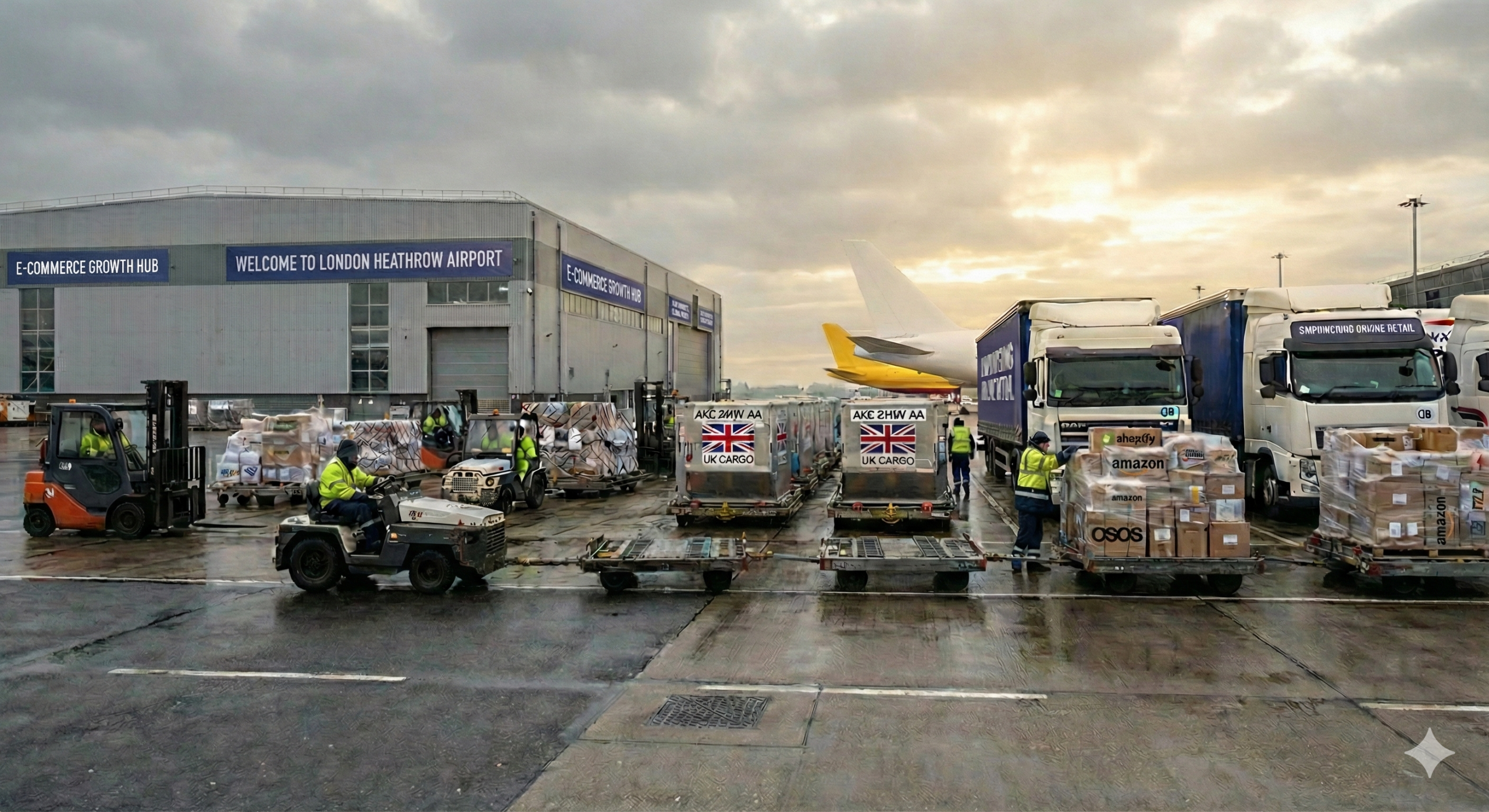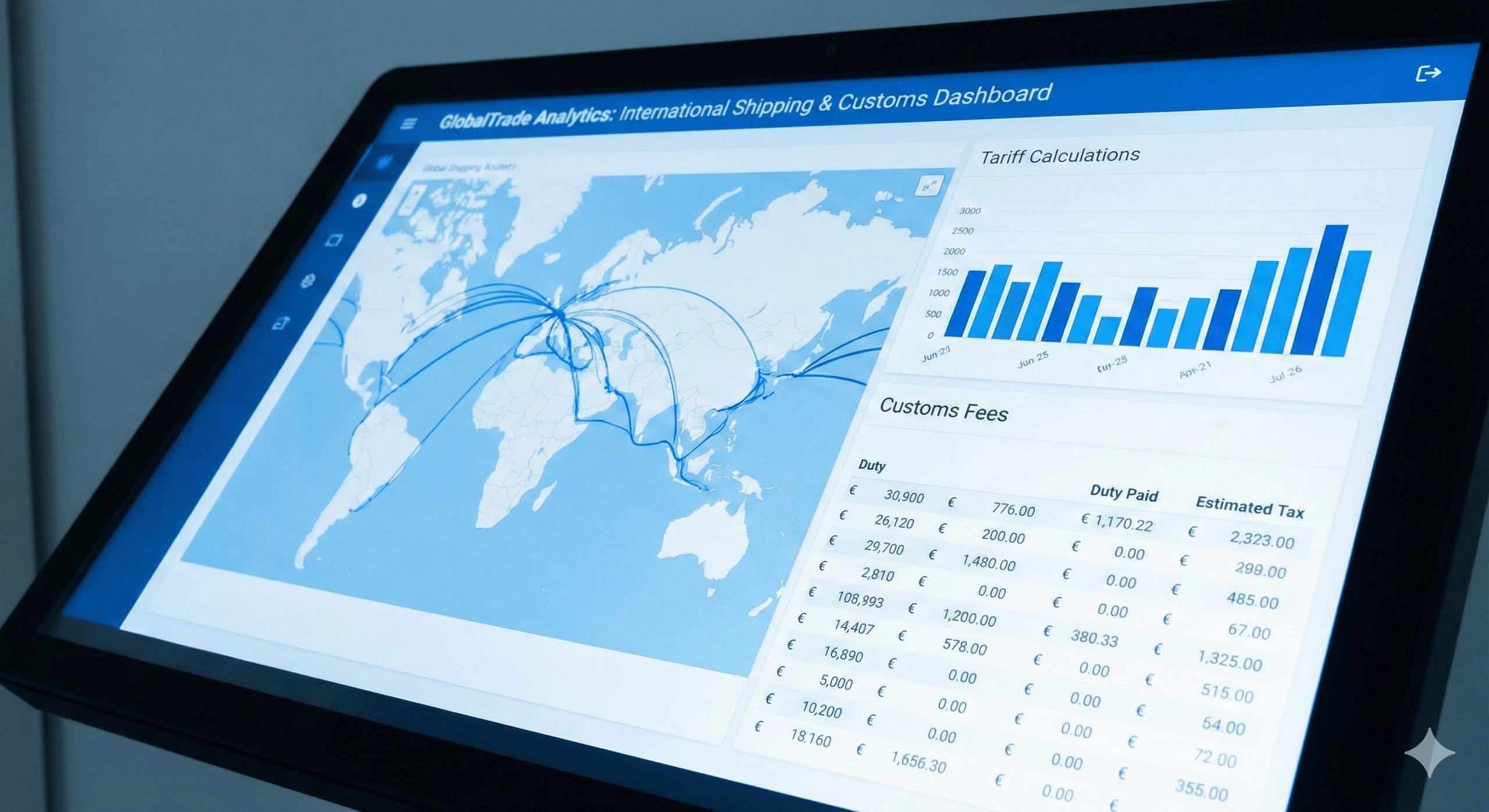Recent bipartisan legislation in the U.S. proposes significant changes to de minimis provisions, which have long facilitated low-value imports by reducing regulatory barriers. These changes could disrupt international e-commerce and logistics, affecting both businesses and consumers.
Alison Layfield, Director of Product Development at ePost Global, contributed her expert analysis to Supply Chain Brain, discussing how such restrictions might create unintended barriers while aiming to close loopholes benefiting foreign companies.
Alison highlighted the ripple effects of similar changes internationally, noting how countries like Canada, the U.K., and the EU have tightened de minimis rules, leading to increased costs and operational complexity for businesses. She explained that smaller e-commerce players are particularly vulnerable, as stricter provisions may force them to raise prices, limit global operations, or risk market consolidation favoring larger competitors.
“This shift could drive businesses to adopt alternative strategies, such as nearshoring or distributed inventory models, to offset increased costs and maintain competitiveness,” Alison explained. She also emphasized the importance of leveraging advanced technologies like AI and comprehensive customs compliance platforms to adapt to evolving regulations.
By addressing these challenges proactively, businesses can maintain efficiency and competitiveness while navigating this complex legislative landscape.




